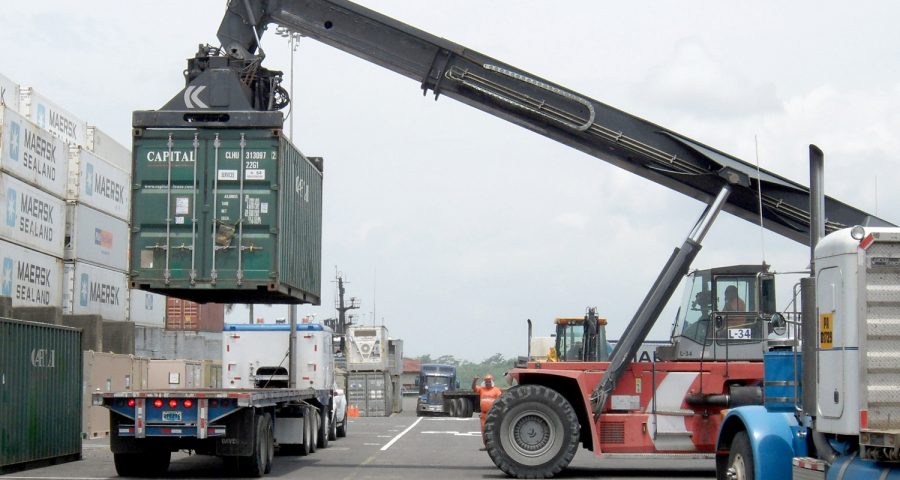The publication from the National Bureau of Statistics (NBS) disclosed that capital imported into the Nigerian economy declined in the third quarter by 7.8% to US$5.37 billion from US$5.82 billion in Q2-2019. Both Foreign Direct Investment (FDI) and Foreign Portfolio Investment (FPI) saw a drop in inflows by 10% and 30% respectively.
Worthy of note is the gradual rise in other investments which is being driven by increasing international loan capital flows. International loans have risen for four consecutive quarters to US$1.8 billion in the review quarter, from US$0.6 billion in Q3-2018. On a quarterly basis, international loans were up by 99% q/q, increasing the item’s composition of total inflows to 33% in Q3-2019 from 15% in Q2-2019.
The financial sector mopped up the bulk of inflows in the quarter with the banking sub-sector taking up 33% and the financing sub-sector taking up 28% of foreign inflows in the third quarter.
Given that inflows from abroad is especially significant to the Nigerian economy, as it is not only fruitful for equities but also supports the Naira, we do not see the CBN making decisions that could worsen the capital flows position and by extension the external reserves and exchange rate stability. This should bode well for foreign portfolio investment in coming months.
Also, declining global interest rates and the country’s large fiscal financing needs could lead to more borrowing and further increase the international loans component of capital inflows. However, FDI (particularly greenfield investment projects) will continue to be crimped by unclear policies and insecurity despite the modest improvement in business environment, as reported in the World Bank’s Ease of Doing Business report.
[READ MORE: Economy: FG restates commitment to border closure]
________________________________________________________________________
CSL STOCKBROKERS LIMITED CSL Stockbrokers,
Member of the Nigerian Stock Exchange,
First City Plaza, 44 Marina,
PO Box 9117,
Lagos State,
NIGERIA.
